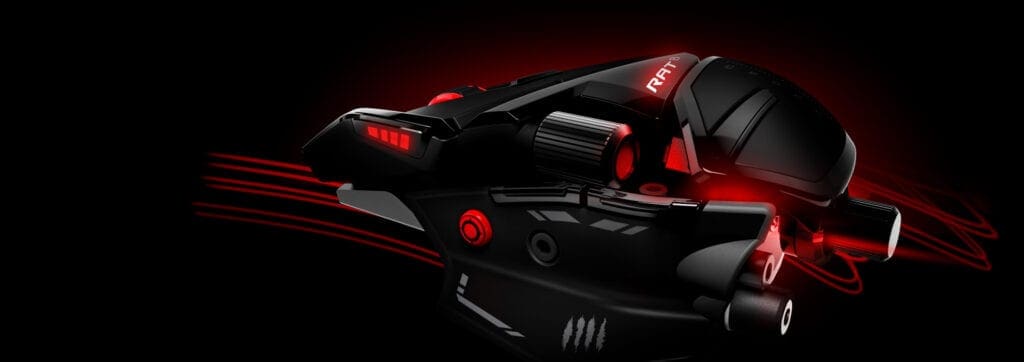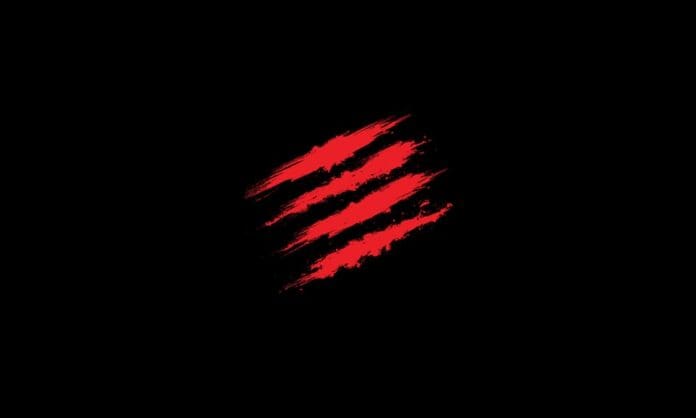According to an official announcement released today, yesterday Mad Catz made a voluntary assignment in bankruptcy, which in Canada means the company assigned all of its property to a trustee, in this case PricewaterhouseCoopers, which would oversee the liquidation of company assets in order to pay off debt. Along with the Canadian filing, the San Diego-based company also filed for chapter 7 bankruptcy in the U.S., which grants protection in order to facilitate the smooth liquidation of assets.
Mad Catz has been in money trouble for several years, with steadily declining revenues documented in the company’s financial reports. Last year the company laid off nearly 40 percent of its workforce, following a major investment in developing peripherals for Harmonix’s Rock Band 4. In January, shortly after announcing a new line of Tekken 7 arcade sticks, the company received listing deficiency notice from the New York Stock Exchange, warning that it would be delisted if its stocks continued to trade at abnormally low rates. The company was delisted last week, as shares dropped to as low as $.04.
The Company also announced that all of the directors and officers of the Company have resigned effective as for March 30, 2017. Following a lengthy struggle with financial insolvency, gaming peripheral maker Mad Catz has formally ceased all operation. The company’s directors and officers have all resigned, and its assets will be liquidated. The company that spent nearly three decades pumping out PC and console gaming gear is no more.

The Board of Directors made the decision to have the Company make a voluntary assignment in bankruptcy after considering various strategic alternatives, the interest of various stakeholders of the Company as well as a number of other factors. The Board of Directors has been advised by the Company’s financial advisor and management that no viable strategic alternative in respect of a sale of the Company or other corporate sale transaction is being made available to the Company by any third party. In addition, the Board of Directors has also been advised that the Company’s lenders will not increase a number of its credit facilities beyond the current levels.
Karen McGinnis, President and Chief Executive Officer, stated that, “Regrettably and notwithstanding that for a significant amount of time the Company has been actively pursuing its strategic alternatives, including various near-term financing alternatives such as bank financing and equity infusions, as well as potential sales of certain assets of the Company or a sale of the Company in its entirety, the Company has been unable to find a satisfactory solution to its cash liquidity problems. The Board of Directors and management would like to acknowledge the outstanding efforts of the Company’s employees in support of its business, especially during the time that the Company faced financial difficulties. The Company would also like to thank the vendors and professional service providers who have supported the Company’s efforts during this time.”
Mad Catz said that it was forced to enter bankruptcy after being informed by its financial advisor that “no viable strategic alternative in respect of a sale of the Company or other corporate sale transaction” was available. Lenders were also unwilling to further increase its credit limits.
Anyone paying attention to the public financials of the company could see that the company was only heading one way. They have been bleeding cash and saddled with debt. The Tekken sticks you refer to were simply a re-skin of an existing product, in fact, other than a new Tritton headset, all product announced from the company over the last year has been a simple reworking of pre-existing hardware.
Along with the resignation of Mad Catz executives, our source tells us that company staff has been locked out of their email and been sent home. What likely happens next is the company’s assets and inventory will be sold off to the highest bidder, money from the sale going to pay off creditors.
Mad Catz was founded in 1989 and has been making PC, console and mobile gaming peripherals for nearly three decades.
With inputs from Kotaku, PC Gamer


